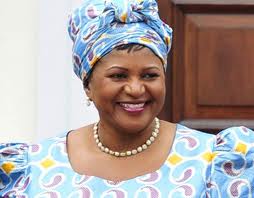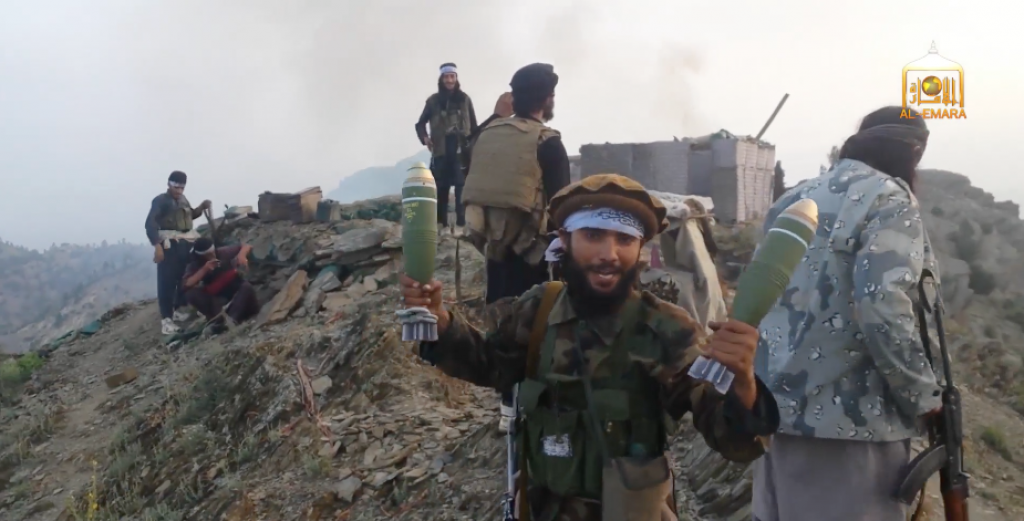 The 2011 International Confederation of Midwives (ICM) conference was held in Durban, South Africa from June 19-23, 2011. The conference was attended by more than 3000 midwives from all over the world and was the first time for the continent of Africa. The five day conference was packed full with workshops plenary sessions, symposiums and many presentations. In addition the conference also attracted the submission of posters from local and international participants. The conference is a triennial celebration and the next location will be Prague, Czech Republic 2014. Prague has been a political, cultural and economic centre of Europe during its 1,100 year existence.
The 2011 International Confederation of Midwives (ICM) conference was held in Durban, South Africa from June 19-23, 2011. The conference was attended by more than 3000 midwives from all over the world and was the first time for the continent of Africa. The five day conference was packed full with workshops plenary sessions, symposiums and many presentations. In addition the conference also attracted the submission of posters from local and international participants. The conference is a triennial celebration and the next location will be Prague, Czech Republic 2014. Prague has been a political, cultural and economic centre of Europe during its 1,100 year existence.The conference got off to a rousing start at the opening ceremony with lively Zulu dancing welcoming the gusts with several guest speakers such as the First Lady of Malawi. The main focus was on ICM president Bridget Lynch. Our ICM conferences are always memorable events.
The State of the Worlds Midwifery Report was lunch. The release of the long awaited State of the World’s Midwifery Report and the powerful, poignant Stories of Midwives provides new information and data gathered from 58 countries in all regions of the world to:Thousands of midwives nurses physicians and doulas travelled from all over the globe to address the challenges faced by midwives today. I met amazing people who are dedicating their lives and careers to this important cause. I was very touched by the energy and commitment as evident as this conference. I knew I was with passionate people from all over the world. I learned a lot from the midwives from Prague. I was so excited with when they introduced Prague to the world. Also at my hotel was delegation from Trinidad and Tobago India and Indonesia.
- examine the number and distribution of health prfessionals involved in the delivery of midwifey services;
- explore emerging issues related to education, regulation, professional associations, policies and external aid;
- analyse globloal issues regarding health personnel with idwifery skills, most of whom are woen, and the constraints and challenges that they face in their lives and work, and
- call for acceleating investments for scaling up midwifery services, as well as “skiling up” the respective providers.
The report includes statistical tables and applicable global standards, collating relavantmidwifery informations into one reference document. Behind The State of the World’s Midwifery 2011 stand 26 international partners involved in materal and reproductive health, with s a specific focus on midwifery, including ICM and PMNCH, and led by the UN Population Fund (UNFPA).
I was with a passionate group of people after a full agenda of activities the dinner conversations were filled with the day’s event and mostly sharing of ideas and future contacts. I met a midwife from every African country and it helps broaden my knowledge of their day to day work. Underneath the different accents and perspectives there was seething more. Yes there was a common sentiment that much more needs to be done to improve the ives of mothers and babies. We as midwives are 100% committed to the cause. We are here in Africa to make a difference. And we will I know I will. The time is now…I am ready…we are ready. Africa is ready.




